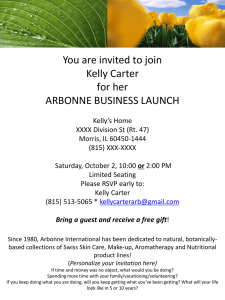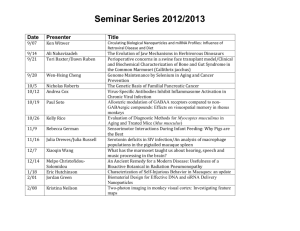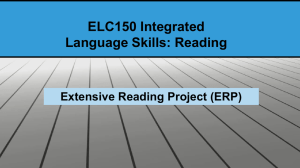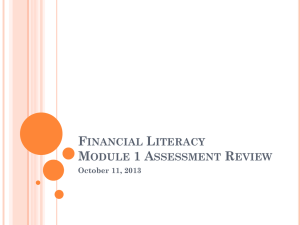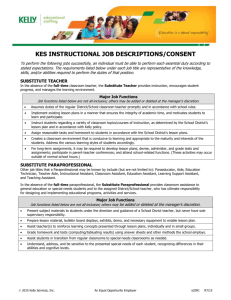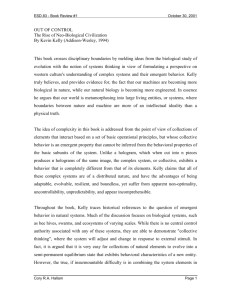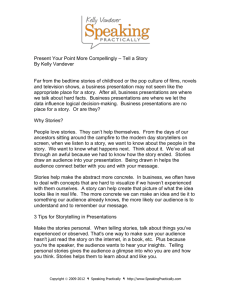George Kelly
advertisement
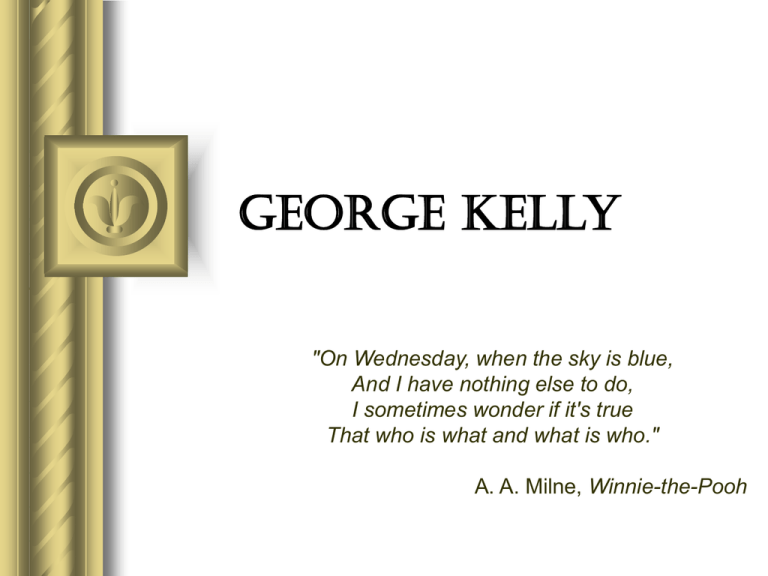
George Kelly "On Wednesday, when the sky is blue, And I have nothing else to do, I sometimes wonder if it's true That who is what and what is who." A. A. Milne, Winnie-the-Pooh We live life as we construct it Our perceptions and expectations create a large part of our experience. We are like scientists who try to figure out how life works. We develop our own theories of how things work. Kelly calls these theories personal constructs. http://www.repgrid.com/pcp/ We can alter our theories When we alter our theories, our experience will change also. This is the basis of Kelly's clinical approach. Kelly's theory today The Centre for personal Construct Psychology in London. The Constructivist Psychology Network. The PCP info site Explore the links on these for more about personal construct psychology. What is the nature of Kelly's theory A cognitive theory based on people's perceptions and constructs, not on feelings and emotions. A constructivist theory: people construct their reality based on their expectations. An antecedent to narrative therapy which emphasizes the narratives people Can you tell that Kelly started as an engineer? He developed a sort of "geometry of the mind", with postulates and corollaries. – Here is a list w/ short explanations of the postulate and corollaries – Here is a more in depth overview of Kelly's theory. There is a link there to Kelly's geometry of psychological space. Kelly's interview tools The Role Construct Repertory Test looks at the constructs we apply to the various people in our lives. This is a tool where one ends up with a grid that can be analyzed mathematically (as well as qualitatively) The Self -Characterization Sketch which is a more informal way to get at the same thing: people write about themselves (but using the third person, as if they were an observer) as if they were the main character in a play. Kelly's therapy tools Fixed role therapy: on the basis of his knowledge of the client (based on the interview tools), Kelly wrote a script of a different way to approach life. The client would try to live by that script for 2 weeks. Here is a popularized self-help version of fixed role therapy Try Kelly's method Write a self characterization sketch of yourself in the third person (as if someone was describing you and how you act, think, feel, relate to others etc.) What is it like to write something like that? Does it give you new insights? Write a fixed role script for yourself (see p.371) that incorporates some ways to live your life that you would like to try. Try this role for one whole day. What was that like? The End
